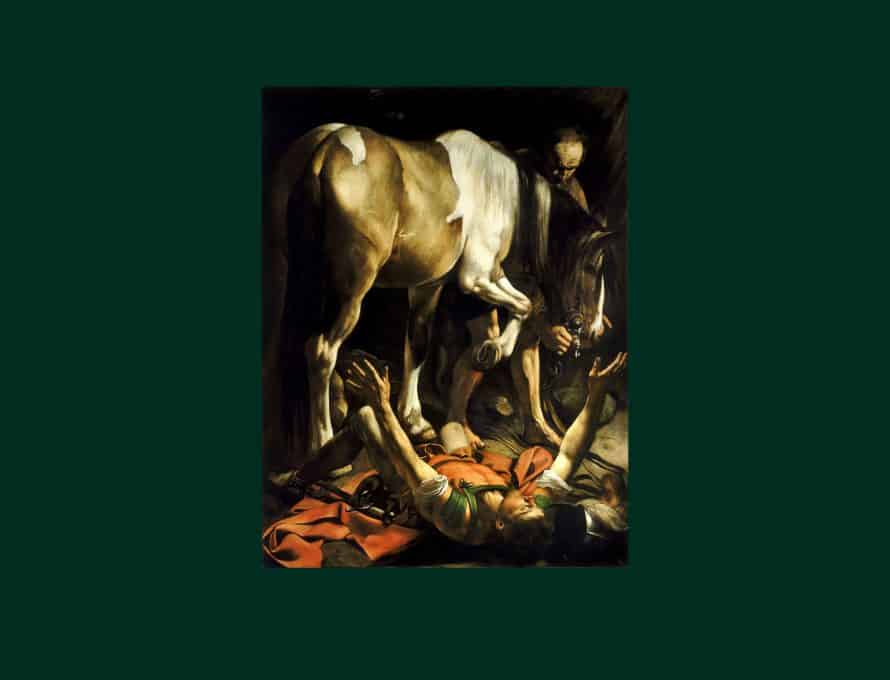This is another in a series of excerpts from “What Every Christian Should Know About the Trinity,” available through Amazon and other booksellers.
In the previous column, we explored the eyewitness testimony of John with respect to Jesus’ deity. Here, we briefly survey what Paul has to say about the matter.
Although Paul likely had no personal encounters with Jesus prior to the crucifixion, he meets Jesus in dramatic fashion on the road to Damascus after Christ’s resurrection (Acts 9:1-9). Paul’s conversion, testimony, and epistles bear evidence of his conviction that Jesus was, and is, divine. Here are just three examples:
Romans 9:5 – “The ancestors are theirs [the Israelites], and from them, by physical descent, came the Christ, who is God over all, praised forever. Amen.”
This text is significant for at least two reasons. First, it is the earliest New Testament writing that calls Jesus “God” (dating to about AD 57), less than thirty years after Jesus’ death and resurrection.
Second, the word “praised” (eulogetos) follows the word for God (theos) in the Greek text. This is unusual, for without exception in Scripture, a doxology places the word “praised” (or “blessed”) before the name of God. Here, Paul uses the reverse form, indicating that he intentionally equates Christ with God.
Philippians 2:5-6 – “Adopt the same attitude as that of Christ Jesus, who, existing in the form of God, did not consider equality with God as something to be exploited.”
In the Incarnation, the eternal Son of God sets aside, not His deity, but His privileged position in heaven at the Father’s right hand, humbling Himself as He takes on human flesh. Before, during, and after coming to earth, Jesus is, by His very nature, fully and eternally God. Paul’s use of the word “existing” (Greek huparcho) describes the continuation of a previous state or existence. William Barclay notes that the verb refers to “that part of a [person] which, in any circumstances, remains the same.”
In describing Jesus as being in the “form” of God, Paul uses the Greek morphe rather than schema. This is significant. Schema is an outward shape that is subject to change, while morphe is the essential form that doesn’t change. In other words, Paul tells us that Jesus’ deity is eternal and unchanging. Barclay provides this example: “A baby, a child, a boy, a youth, a man of middle age, an old man always have the morphe of humanity, but the outward schema changes all the time.”
It’s important to note that throughout His time on earth, Jesus never denies His deity. He consistently maintains His equality with the Father. Yet, as Paul notes, Jesus never uses His divine authority for personal gain; that is, He does not “consider equality with God as something to be exploited” (Phil. 2:6).
Colossians 1:15-17 – “He is the image of the invisible God, the firstborn over all creation. For everything was created by him, in heaven and on earth, the visible and the invisible, whether thrones or dominions or rulers or authorities — all things have been created through him and for him. He is before all things, and by him all things hold together.”
Heretical doctrines in Colossae centered around the person of Jesus Christ. They denied His full deity, depicting Him as one of the many lesser spirit beings emanating from God. Their false views of Jesus led to a skewed understanding of salvation – a salvation that required the acquisition of secret knowledge, the worship of angels, and a strict adherence to Jewish ceremonial laws.
Paul confronts all of this in his epistle, but he focuses most sharply on defending the deity of Christ. First, the apostle refers to Jesus as “the image of the invisible God.” The Greek word rendered “image” is eikon, from which we get “icon.” It means likeness. It is used in Matthew 22:20 of Caesar’s face on a coin, and in Revelation 13:14 of the statue of the Antichrist. In other words, Jesus is the visible, physical manifestation of the invisible God. He is the final and complete revelation of God, the “entire fullness of God’s nature” dwelling in a physical body (Col. 2:9).
Further, Paul emphasizes that “everything … all things have been created through him and for him.” This is an echo of John 1:3, which states, “All things were created through him, and apart from him not one thing was created that has been created.” Paul leaves no room for doubt about Jesus’ role as Creator and the omnipotent sustainer of all things.
Next: Other witnesses to Christ’s deity

